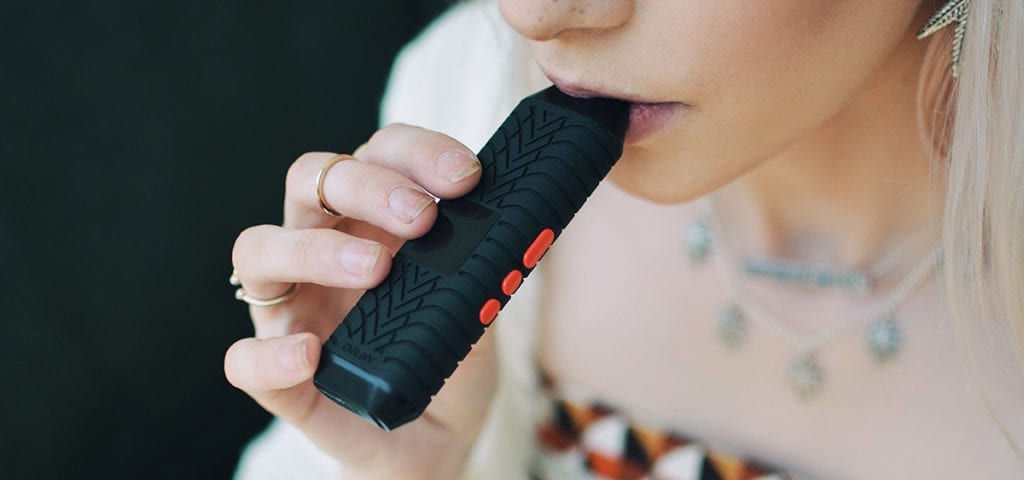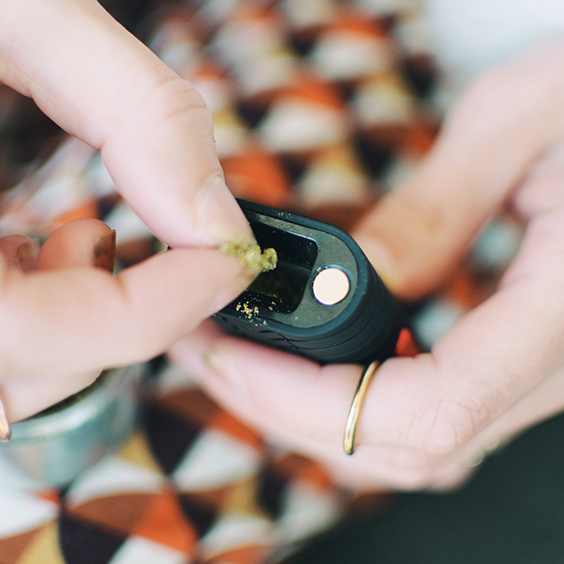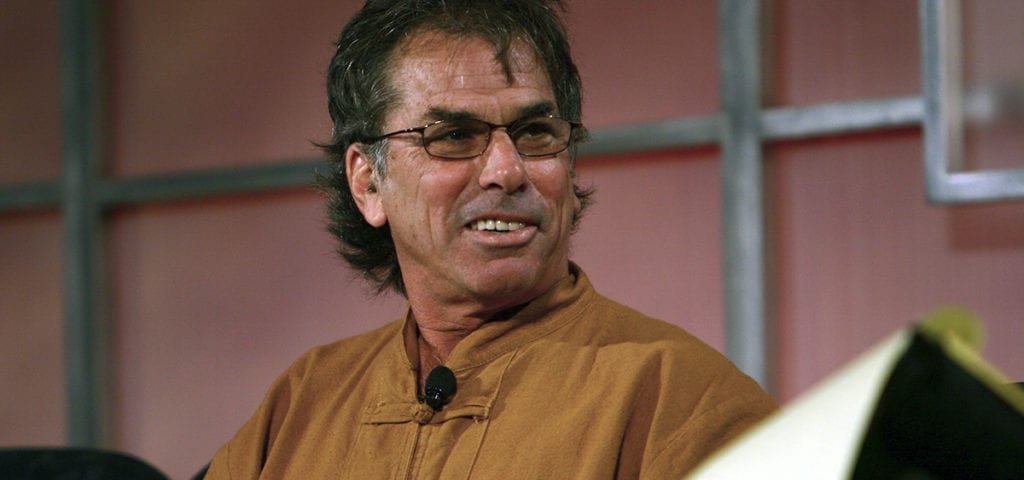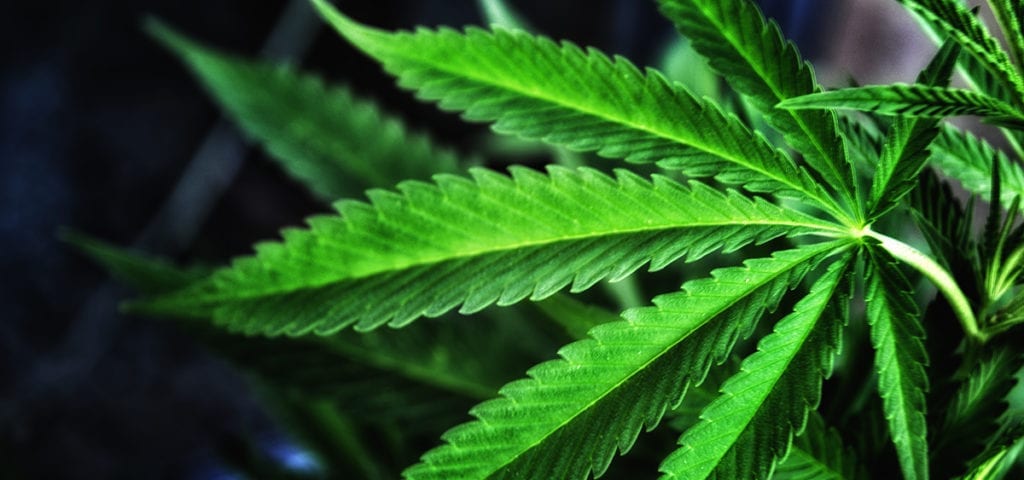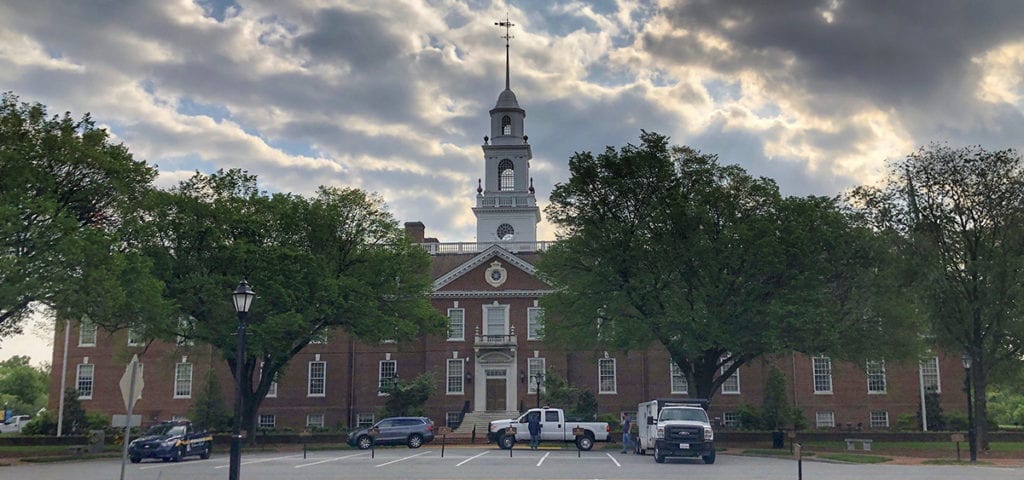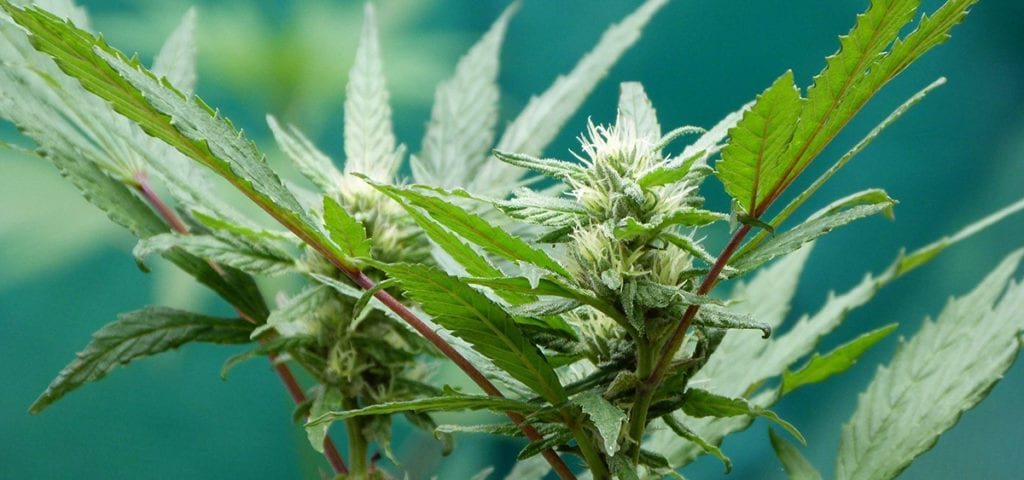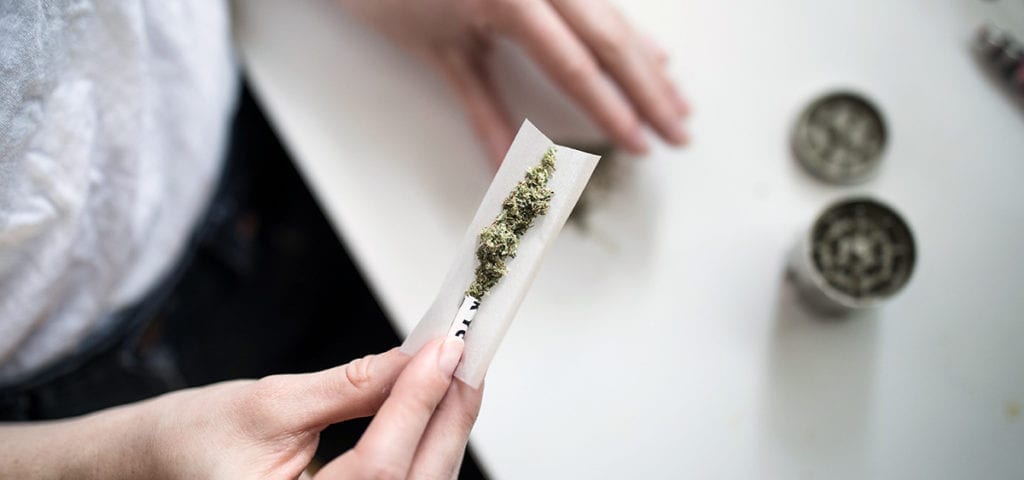We estimate the pre-roll market to be about 492.8MM pre-rolls sold in 2018 across the United States and Canada. This was calculated by looking at public data regarding the percentage of cannabis sales that are attributed to pre-rolls, which is about 7.7% of the total market, equaling about $985MM in retail sales out of total cannabis sales of $12.8BN. We estimate the average wholesale price of a pre-roll is $2, so we can then estimate that 492.8MM joints are sold per year in Canada and the United States. Although the concentrate and edible categories are growing at an incredibly fast pace, pre-rolls are one of the quintessential forms of consuming cannabis and still make up a fair portion of the market.
As the industry continues to evolve it will be interesting to see how pre-rolls progress in the ever-expanding cannabis market – below are our five predictions for the pre-roll sector of the cannabis industry.

Smaller Pre-Rolls and More Multi-Packs
Prediction: Average pre-roll size will shrink from 1 gram sizes toward half-gram and even smaller sizes.
We’ve already seen this trend starting to take effect, based on pre-rolled cone sales at Custom Cones USA, we have started to see half-gram and ¾ gram overtake the full gram sized cone in sales. I think the average consumer does not want to smoke a whole one-gram pre-roll alone and even sharing between two people, one gram can be daunting. Further, as the price of cannabis continues to go down, companies are starting to realize it’s much cheaper per joint to offer multi-packs. When cannabis went recreational in 2016, there were not that many pre-roll multi-packs available; however, take a look during your next dispensary visit and you’ll notice many more multi-pack options.
Companies are getting really creative with their multi-packs by offering multiple different strains in each box. Multi pre-roll packs entice the consumer with variety. Compared to just selling one pre-roll to a consumer, you now have the consumer smoking your pre-rolls every time until that multi-pack runs out. At Custom Cones USA we have helped companies tell different strains apart with custom branding on the filter tips, this helps drive your branding home and makes for amazing social media posts.
Pre-roll Automation
Prediction: The pre-roll manufacturing process will soon become fully-automated, eliminating the need to manually weigh, twist, and packaging pre-rolls.
Automation is everywhere and if you thought it wasn’t going to find its way into the cannabis industry, you must be high on something. Pre-roll manufacturing is one of the most labor-intensive cannabis products because the current equipment is so new and super manual. Compared to extraction and edible equipment, which has largely been adapted from other industries, the pre-rolled cone-filling machine was invented solely for cannabis, thus it’s very new and not that advanced. That being said, automation is already here. There are a couple of companies that just released fully automated pre-roll manufacturing machines, which can produce up to 2,000 pre-rolls per hour with only 1 employee.
Based on our conversations with processors, your typical knockbox with a two-person team can fill 1,000 joints per hour, but the post-processing of weighing, twisting, and packaging the joints yields only 1,000 finished pre-rolls in an eight-hour shift. Some companies we work with have multiple pre-roll filling machines and a full team twisting and packaging pre-rolls. Don’t be surprised when a shiny new machine replaces almost your entire pre-roll team.
CBD Pre-Rolls and Cigarettes
Prediction: CBD pre-rolls will continue to gain market share and will eventually take over cigarette alternatives like clove and herbal cigarettes.
Compared to their THC counterpart, CBD pre-rolls are legal in every state and already have a national presence. Available online, you can even find CBD pre-rolls in your local head shop or gas station. CBD flower is still more expensive than recreational legal cannabis, but as the price of CBD flower continues to drop, you’ll see more and more CBD pre-rolls on the market. Multi-packs of CBD pre-rolls will be everywhere, especially as automation continues to develop into the pre-roll space.
CBD pre-rolls are being sold in the classic cone shape, as well are more traditional cigarette style tubes. There are already a few CBD pre-roll companies selling packs of CBD cigarettes made on old tobacco equipment. In Switzerland, Heimat was approved to mix tobacco with CBD flower, making them the first and only legal spliff. I know it’s not a real spliff and don’t expect anything like that soon in the U.S. — I don’t see any state governments getting anywhere near legalizing the mix of tobacco and cannabis (ignore the illegal companies still rampant in California).
Currently, the rules around mixing CBD flower and recreationally grown flower make it rarer than you might think, but we predict you will start seeing more CBD rich pre-rolls being sold as states loosen the regulations regarding CBD flower grown outside the regulated market.
Variety of Pre-Rolls
Prediction: The variety of pre-rolls will continue to expand, matching the huge variety of products seen in nearly every other industry.
When cannabis was first legalized, you had pretty much two options – half-gram or full gram pre-rolls. Now you are starting to see pre-rolls made with hemp wrap blunt cones, leaf cones, and really specialty pre-rolls with glass or wood filter tips. Pre-rolled blunt cones are giving producers an easy way to expand their pre-roll line, simply load the pre-rolled blunt cones in your knockbox and you’ve instantly got a new product – same with the pre-rolled leaf cones.
We are also starting to see more unique sizes of pre-rolled cones come up. Companies are now offering mini pre-rolls, measuring .35 or .25 grams. At Custom Cones USA we have had many inquiries on two-gram pre-rolled cones or cones with extra long crutches, so don’t be surprised if you start seeing a ton of new sized pre-rolled cones.
Advanced Filtration
Prediction: Selective filter technology will be developed, which will selectively filter out harmful carcinogens and tar while filtering out relatively little cannabinoids.
Despite the evidence that smoking any substance is bad for you, cannabis advocates see smoking cannabis as a powerful medicine. Scientists theorize the beneficial impact cannabinoids have in our bodies may offset some of the negative impacts of combustion. Edibles and concentrates have been exploding in growth, but smoking provides cannabis users with a unique smoking experience. There’s no doubt smoking will never fully fade away and we predict selective filter technology will help mitigate the dangers of smoking, while still providing cannabis users with fast-acting relief.
Compared to traditional cotton filters, which catch anything and indiscriminately filter out a little bit of everything from the smoke, the idea behind selective filtration technology is a filter medium that filters out the bad stuff, but passes through all the beneficial cannabinoids. Compared to edibles, which have a very slow absorption rate, smoking cannabis has almost immediate absorption into your body. Selective filtration technology will be seen as a huge advancement in the medical community.




